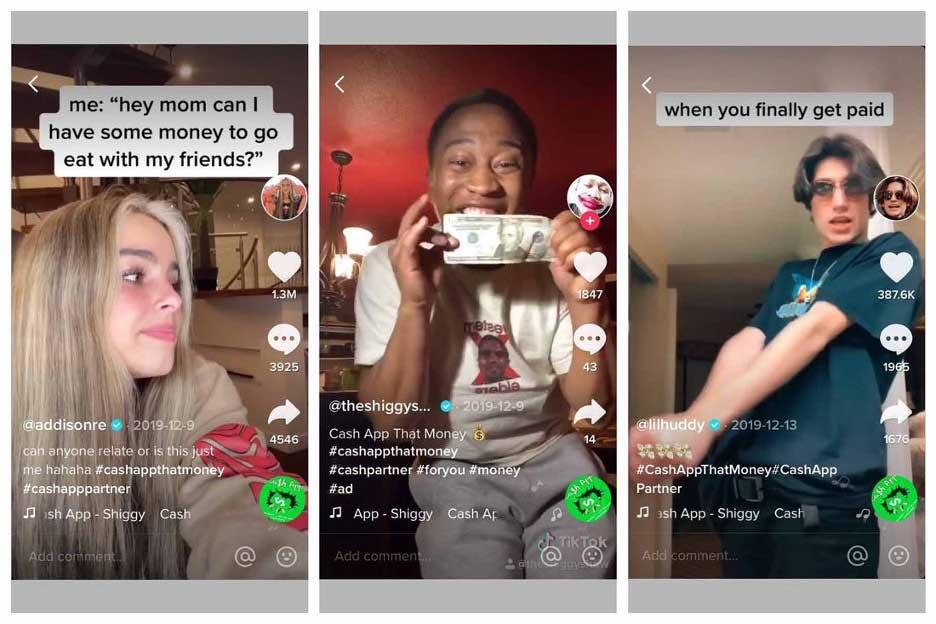
with TikTok’s exponential growth in popularity, influencer marketing on the platform is becoming a powerful tool for brands to reach their target audiences. Though, setting an effective budget for a TikTok influencer marketing campaign can be challenging without a proper strategy. This guide will walk you through the steps to set a budget that maximizes your ROI while aligning with your overall marketing goals.
Understanding TikTok Influencer Marketing
TikTok influencer marketing leverages the creative content created by influencers to promote products or services. Given the platform’s unique format, influencers can authentically engage with their audience, making it easier for brands to create engaging campaigns.
Benefits of Influencer Marketing on TikTok
- Wider Reach: Access to millions of active users.
- Engagement: High levels of interaction compared to other platforms.
- Authenticity: Influencers create more relatable content.
- Creative Approaches: Unique formats that capture attention quickly.
Steps to Set a Budget for Your TikTok Influencer Marketing Campaign
1. Define Your Campaign Goals
Before diving into numbers, it’s vital to establish clear objectives. Are you looking for brand awareness, engagement, lead generation, or conversions? Each goal may require a different approach and budget allocation.
2. Identify Your Target Audience
Understanding your target demographic will guide your influencer selection and budget.Consider factors like age, location, interests, and purchasing behavior. This information ensures you engage the right audience through the right influencers.
3. Research Influencers and Their Rates
Influencer fees can vary widely. Factors affecting these rates include:
- Influencer’s follower count
- Engagement rate
- Content quality
- campaign complexity
utilize platforms that offer influencer marketplace services to find potential collaborators and their average rates.
4. Determine Your Total Budget
Your total budget will be influenced by your marketing goals, target audience, and selected influencers. Here’s a simple breakdown:
| Budget Components | Percentage Allocation |
|---|---|
| Influencer Fees | 50% |
| Creative Production | 20% |
| Ad Spend (if applicable) | 20% |
| Contingency Fund | 10% |
5. Allocate Budget for Different Elements
Once you determine your total budget, allocate funds to various necessary aspects:
- Influencer Fees: Payments to influencers for their services.
- Content Creation: Any additional costs incurred in producing high-quality content.
- Advertising: If you’re promoting influencer content through ads.
- Monitoring and Analysis: Tools or personnel for tracking campaign performance.
6. Monitor and Optimize Your Campaign
After launching the campaign, constantly monitor its performance against the initial objectives. Analyze metrics like engagement rates, views, clicks, and conversions. Based on these insights, adjust your strategies and optimize your budget accordingly.
Practical Tips for budgeting Your TikTok Influencer Marketing Campaign
- start Small: If you’re new to TikTok influencer marketing, consider running a small campaign frist to gauge effectiveness.
- Set KPIs: Define key performance indicators to measure success and adjust budget allocation throughout the campaign.
- Negotiate: Many influencers are flexible with their rates, especially for long-term partnerships.
- Consider the Types of Collaborations: Sponsored posts, giveaways, and product reviews are common types of collaborations; each may require different budget considerations.
Case Study: Accomplished TikTok Campaigns
Several brands have successfully executed TikTok influencer marketing campaigns. For instance:
| Brand | Campaign Focus | ROI |
|---|---|---|
| Gymshark | Fitness Challenges | 5X Return |
| Chipotle | Viral Challenges | 10X Return |
| Fenty Beauty | Product Launches | 4X Return |
First-Hand Experience in TikTok Influencer Marketing
In my experience managing influencer marketing campaigns, I found that investing in proper planning and audience research significantly improves campaign performance. Collaborating with micro-influencers often resulted in higher engagement rates and lower costs, leading to better ROI.
Conclusion
Setting a budget for your TikTok influencer marketing campaign doesn’t have to be intimidating. By defining clear goals, understanding your audience, and allocate resources effectively, you can create a successful campaign that resonates with users. Remember to monitor your progress and adjust as necessary to maximize your results. TikTok presents an exciting opportunity for brands to engage with a vibrant and active audience—take the plunge and let your creativity shine!